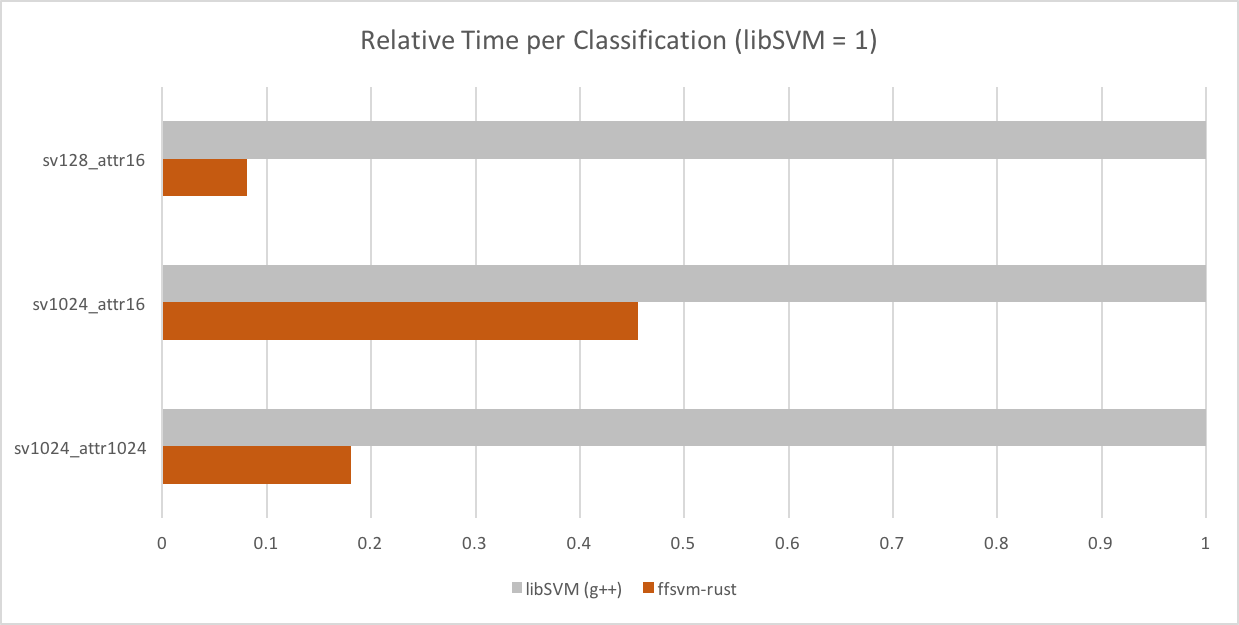Provides an implementation of today's most used tokenizers, with a focus on performance and versatility.
Main features:
- Train new vocabularies and tokenize, using today's most used tokenizers.
- Extremely fast (both training and tokenization), thanks to the Rust implementation. Takes less than 20 seconds to tokenize a GB of text on a server's CPU.
- Easy to use, but also extremely versatile.
- Designed for research and production.
- Normalization comes with alignments tracking. It's always possible to get the part of the original sentence that corresponds to a given token.
- Does all the pre-processing: Truncate, Pad, add the special tokens your model needs.
Bindings
We provide bindings to the following languages (more to come!):
Quick example using Python:
Choose your model between Byte-Pair Encoding, WordPiece or Unigram and instantiate a tokenizer:
from tokenizers import Tokenizer
from tokenizers.models import BPE
tokenizer = Tokenizer(BPE())
You can customize how pre-tokenization (e.g., splitting into words) is done:
from tokenizers.pre_tokenizers import Whitespace
tokenizer.pre_tokenizer = Whitespace()
Then training your tokenizer on a set of files just takes two lines of codes:
from tokenizers.trainers import BpeTrainer
trainer = BpeTrainer(special_tokens=["[UNK]", "[CLS]", "[SEP]", "[PAD]", "[MASK]"])
tokenizer.train(files=["wiki.train.raw", "wiki.valid.raw", "wiki.test.raw"], trainer=trainer)
Once your tokenizer is trained, encode any text with just one line:
output = tokenizer.encode("Hello, y'all! How are you 😁 ?")
print(output.tokens)
# ["Hello", ",", "y", "'", "all", "!", "How", "are", "you", "[UNK]", "?"]
Check the python documentation or the python quicktour to learn more!






